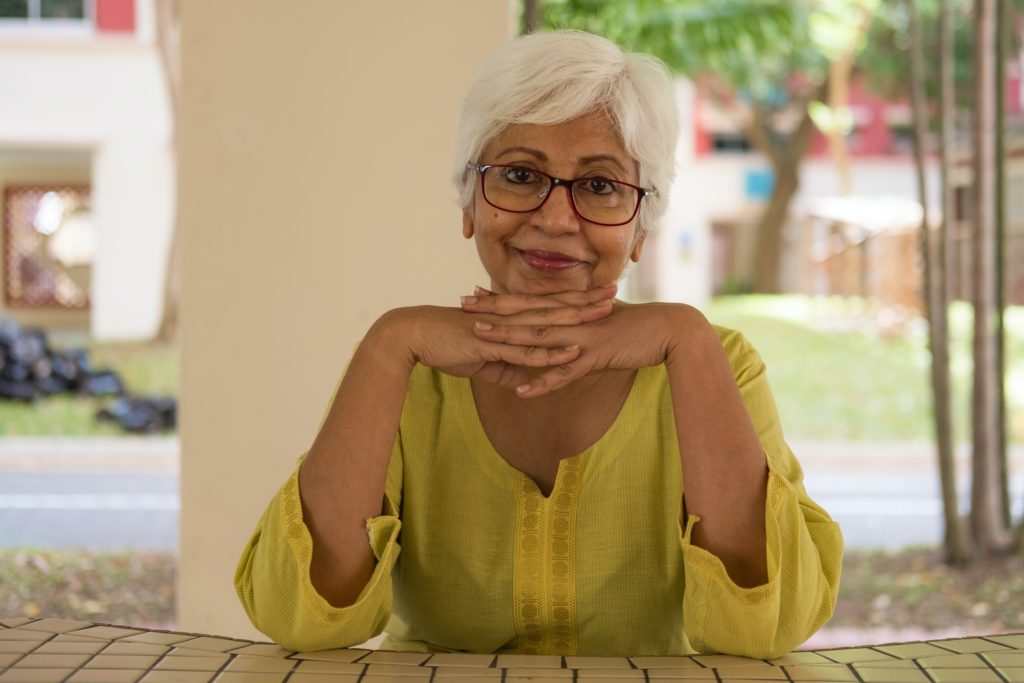With the number of people “Aging Solo” (without a spouse or children) growing every year, businesses have begin catering to this group’s needs. From solo travel tours and tiny houses, to dinner-for-one meal kits, this growing demographic is finally being heard.
Who Can You Trust?
One of the more challenging needs when aging solo is finding a trustworthy individual or organization to take charge if the person becomes incapacitated. In a traditional nuclear family, most people appoint their spouse, or an adult child to act as their Agent or Trustee, reports a recent article titled “Elder Care: Estate planning when you are on your own” from The Sentinel.
Planning in Case of Incapacity
Planning for incapacity may be the most important part of estate planning—making legally enforceable decisions about medical care, end-of-life care and managing the business aspect of your life if you are incapacitated.
Two of the most important documents for a person who cannot speak for themselves are a Durable Financial Power of Attorney and a Health Care Power of Attorney. These are the critical documents giving the person you designate the ability to manage your affairs and be involved in your medical care.
What is Guardianship
Without them, someone will need to be appointed by a court as guardian. The process begins in the court, with a legal proceeding called guardianship. There are any number of reasons to avoid this. First, it takes a long time and any actions or decisions requiring a legal guardian will not be made with any speed. Second, guardianships are expensive. The process of having a guardian named and the fees paid to the guardian will be paid by you, whether you are conscious or not. While many people who act as guardians for others are trustworthy and kind-hearted, there are many horror stories—including several true stories made into movies—where guardians are more focused on enriching themselves than their ward’s best interests.
Avoiding Guardianship
Guardianship can be easily avoided. Meet with an experienced elder law estate planning attorney to prepare your last will and testament, and appoint Agents to act if you are incapacitated. Having these documents properly prepared by an experienced estate planning attorney ensures that you can be admitted to a hospital or facility offering the care you need, your bills can be paid, and your healthcare wishes will be expressed.
With a Little Help From Your Friends
When aging solo, it is important to cultivate a healthy network of friends and extended family members you trust and are your “family by choice.” If you don’t feel these people are trustworthy or capable, think further afield—someone from your community, a neighbor who you respect and trust, etc.
If possible, name a few people in succession (your estate planning attorney will know how to do this) so if one person cannot serve, then there will be a next-in-line to help.
Customize Safeguards
It is also a good practice to have the attorney write safeguards into the Power of Attorney documents, so that the Agent is required to provide accounting of their actions annually or on demand.
The next step is to speak with these individuals and explain what you are asking them to do. They need to be comfortable with the responsibility you’re asking them to undertake. You’ll also want to tell them your wishes, perhaps drafting a letter of intent, so they will know what to do in different circumstances. Make sure they know where these documents are located, so they can find them easily.
For Additional Reading
Carol Marak, author of Solo and Smart, advises “It’s imperative for individuals to build a strong future self, one that plans for good health care, affordable housing, companions, personal care and support.”
Once your estate plan is in place, you’ll breathe a sigh of relief, knowing the future is taken care of. Contact our office today to get started.
Reference: The Sentinel (June 17, 2022) “Elder Care: Estate planning when you are on your own”




